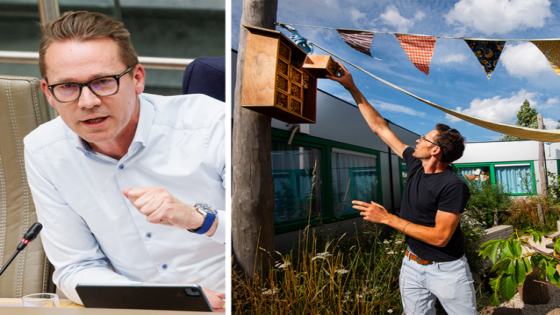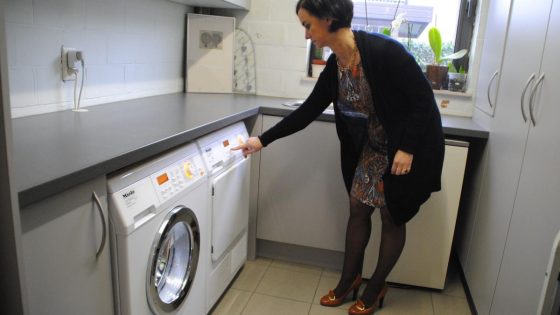A Danish sperm donor has been found to carry a cancer-causing gene mutation, raising concerns in Belgium where his sperm was also used. Initially blocked in April 2020 after a child was diagnosed with cancer, the donor was later cleared and allowed to donate again. However, by 2023, new evidence led to a permanent ban.
- Danish sperm donor carries cancer-causing mutation
- Belgian fertility centers exceed legal donor limit
- FAGG informs families but hides limit breach
- FAGG denies mass donors despite prior knowledge
- Health minister notified months after revelation
- Parents informed late about donor's offspring count
The Federal Agency for Medicines and Health Products (FAGG) in Belgium was officially notified on 8 November 2023 about the mutation. Fourteen fertility centres in Belgium received sperm from the donor, with reports revealing the legal limit of six women per donor was exceeded.
As of 2025-06-07 12:43:00, questions remain: How did this donor’s sperm reach so many families without broader public awareness? And why did FAGG delay informing affected parents? The Fast Answer below sheds light on the local impact.
What does this mean for Belgian families and fertility regulation? The case exposes gaps in oversight and transparency:
- FAGG was aware of the issue over a year before publicly acknowledging it.
- The legal cap of six women per donor was not enforced, risking genetic health concerns.
- Families were informed late, affecting trust in fertility services.
- Calls for stricter donor screening and reporting protocols are now louder.
Moving forward, Belgian authorities must enhance transparency and tighten controls on sperm donation. Will this incident prompt stronger safeguards to prevent future cases? The fertility community and affected families deserve clear answers and swift action.

































